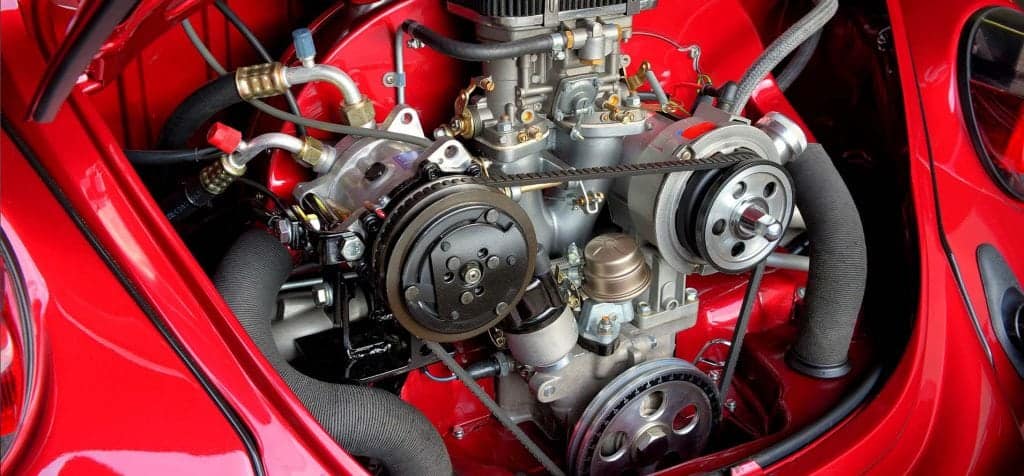Car Air Conditioner Compressor
Car air conditioner compressor commonly referred to as the heart of the system; the compressor is a belt driven pump that fastened to the engine. It is responsible for compressing and transferring refrigerant gas.
The car air conditioning system is split into two sides, a high-pressure side and a low-pressure side; defined as discharge and suction. Since the compressor is a pump, it must have an intake side and a discharge side. The intake, or suction side, draws in refrigerant gas from the outlet of the evaporator. In some cases, it does this via the accumulator.
Before refrigerant entered into the suction side; it’s compressed and sent to the condenser, where it can then transfer the heat it absorbed from the inside of the vehicle.
Some common causes of compressor failures are:
LACK OF USE:
Sooner or later compressors which don’t run regularly eventually can starve for lubrication when operating, causes excessive wear until the oil again reaches the compressor. Ultimately it’s best to use the car air conditioner once a week for a few minutes.
FAILURE TO FLUSH SYSTEM:
Compressors and hoses wear causing bits and pieces to mix with the oil. This sludge gets into the compressor and can cause it to seize. Failure to properly flush or using flush that leaves a residue is a primary cause of failure.
EXCESSIVE HIGH OR LOW PRESSURE:
Condenser fans can quit due to bad connections or defective motor winnings that get too hot. It creates extreme head pressure and heat that can lock up or damage a compressor. Loose connections at the coil can cause high resistance and low voltage causing clutch slippage.
As a result, a low refrigerant charge will cause a lack of lubrication getting to the compressor. Painting condensers will insulate them from efficiently removing heat and increase head pressure in the compressor.
IMPROPER REFRIGERATION GAS OR OIL CHARGE:
Compressors manufactured after 1990 have a smaller capacity, therefore use less refrigerant and oil and are extremely sensitive to inadequate amounts of oil. The wrong type of refrigerant oil may break down in high heat conditions. R134a systems are more sensitive to lubrication than R12 systems.
An overcharge of air conditioning oil can clog the condenser, the orifice tube or expansion valve and starve the compressor oil. R12 systems use mineral oil, and R134a systems use PAG 1 or PAG 2 Oil (always check the OEM specs)
REFRIGERANT BLENDS
As a result, using the blended gases can affect seals and O-rings, causing them to leak, swell or otherwise deteriorate and it can happen relatively quickly. For this reason, it’s best to use the recommend refrigeration gas.
Keepin Cool can supply a range of car air conditioner compressors to suit both new and old vehicles.
For current pricing and availability,
Please call to discuss your specific requirement, or if you need free advice about your car air conditioning compressor, we would be most pleased to discuss this with you. Alternatively, ask a question using the Contact Form below.



 Redlands & Bayside
Redlands & Bayside 